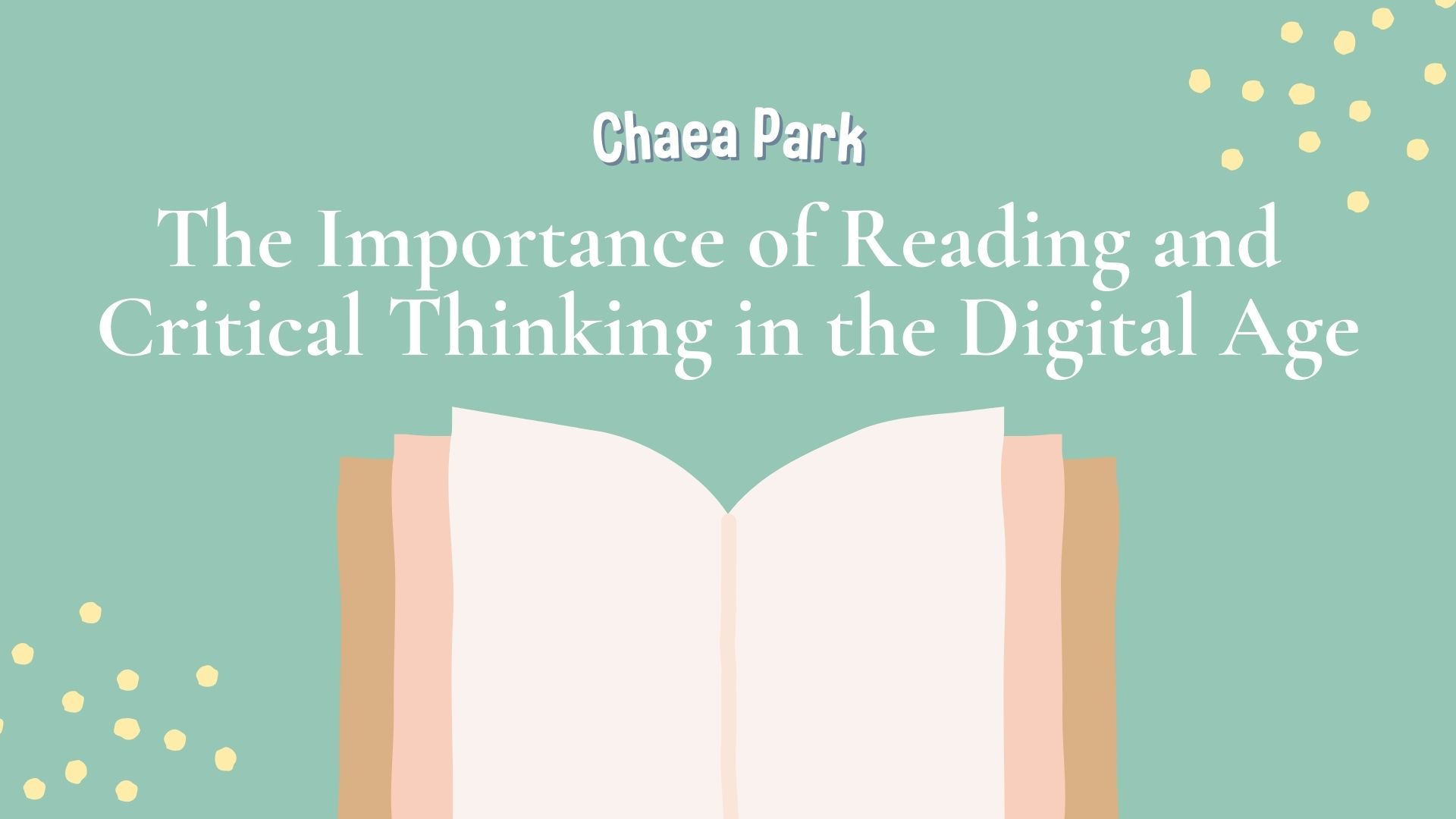Many individuals opt for quicker methods to gather information, often to save time and meet deadlines for report submissions or project hand-ins to superiors.
The Internet has significantly facilitated this by providing easy access to diverse information through simple searches or short queries.
Platforms like YouTube are also widely used for information retrieval. This convenience has led to a reluctance to consult textbooks or academic sources for information.
The process of finding information online contrasts sharply with the more time-consuming and intellectually demanding task of reading books.
Many prefer to obtain information through easily digestible formats such as video clips, which they find more comprehensible.
YouTube serves as a prime example of this trend. By watching a short video, individuals can quickly grasp information without the need for deep understanding.
However, this method often leads to superficial comprehension.
Reading, on the other hand, is a time-intensive activity that requires deep reflection to uncover hidden insights.
The lack of immediate answers can make reading seem daunting, leading many to avoid books altogether. Understanding a text demands concentration and time, both of which are essential for critical reasoning.
Many people are not accustomed to this level of rigorous thinking and tend to shy away from it.
Visual information, such as YouTube videos, provides a quick understanding of content but does not foster long-term retention or in-depth analytical thinking.
In contrast, reading books necessitates active engagement and sharp observation to extract meaning. The failure to understand texts often results in a dislike for reading.
Despite these challenges, reading remains crucial. It fosters critical thinking, which is essential in a world flooded with indiscriminate information.
The ability to discern false information and make wise decisions is developed through rigorous reasoning, which reading cultivates.
Living an active, thoughtful life is preferable to a passive one, and reading promotes this proactive mindset.
In conclusion, the importance of reading books cannot be overstated. Individuals must remember that they are the protagonists of their lives, and their capabilities are shaped by the effort and time they invest in their tasks.
To avoid being misled and to critically evaluate information, reading is indispensable.
While it may seem difficult, mastering the skill of reading is ultimately more rewarding and necessary for personal growth and informed decision-making.

